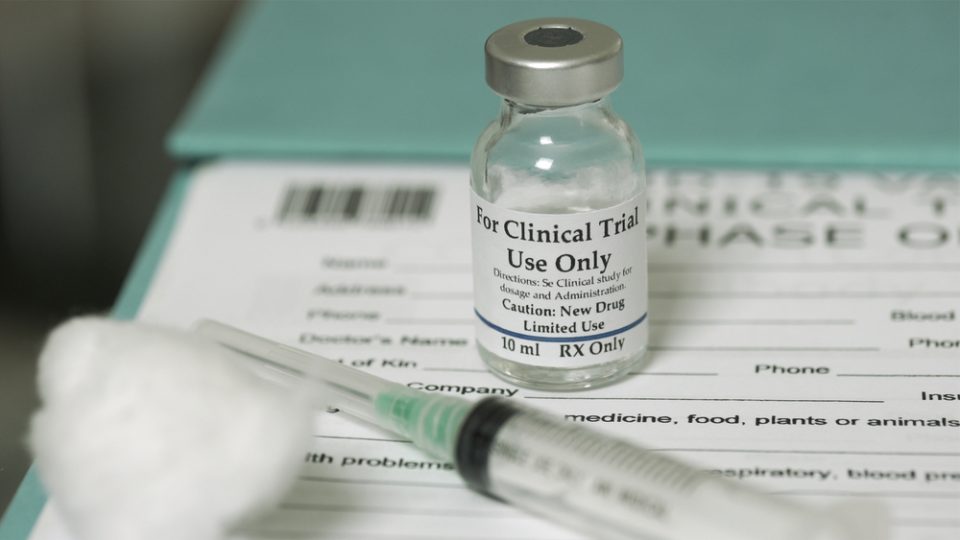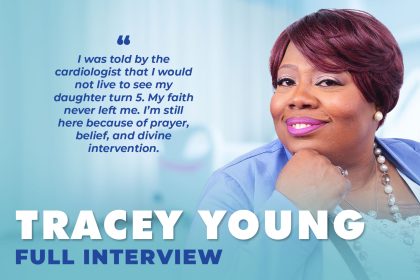
Breast cancer is a formidable adversary that knows no boundaries, affecting women from all walks of life. However, when it comes to clinical trials, there’s a significant underrepresentation of Black women. This disparity is not just a statistical quirk but a real issue that affects the health and well-being of the Black community. Here are six compelling reasons why Black women with breast cancer should participate in clinical trials.
Tailored Treatment Options
Participating in a clinical trial provides Black women with a unique opportunity to access cutting-edge treatment options that may not be available through standard care. These trials often explore innovative therapies, including targeted therapies and immunotherapies, which have the potential to be more effective in specific patient populations, including Black women. By taking part, individuals can receive personalized care that considers their unique biological and genetic makeup, increasing the likelihood of better outcomes.
Bridging the Racial Disparity Gap
Racial disparities in breast cancer outcomes are a harsh reality. Black women are more likely to be diagnosed at later stages, experience more aggressive tumor types, and have higher mortality rates compared to their white counterparts. Clinical breast cancer trials offer a pathway to address these disparities. By actively participating, Black women can help researchers gather data that may lead to a better understanding of why these disparities exist and how to eliminate them. This proactive approach can pave the way for more equitable breast cancer care.
Amplifying Voices and Perspectives
Diversity in clinical trials is crucial because it ensures that the treatments developed are effective and safe for everyone. When Black women participate, their unique experiences and genetic factors are considered in the research process, leading to more comprehensive results. This inclusion can help identify potential side effects or treatment nuances that may impact the Black community differently. By participating, Black women can ensure that their voices are heard and their needs are met within the healthcare system.
Access to State-of-the-Art Care
Clinical breast cancer trials often provide participants with access to top-notch medical care and resources. This includes close monitoring by a team of dedicated healthcare professionals, regular check-ups, and the latest diagnostic tools. Such comprehensive care can be beneficial not only in managing breast cancer but also in promoting overall well-being. For Black women facing this diagnosis, clinical trials offer a chance to receive exceptional care and support.
For Future Generations
Participating in a clinical trial isn’t just about personal benefits; it’s also an opportunity to leave a lasting legacy for future generations. The data collected in these trials contribute to scientific knowledge and can shape the development of better treatments for breast cancer. By actively taking part, Black women help pave the way for improved care options, ensuring a brighter and healthier future for their daughters, granddaughters, and generations to come.
Breakthroughs and Hope
Clinical trials have been instrumental in bringing about breakthroughs in the field of oncology. New treatments and therapies emerge as a result of these trials, offering hope to patients who may have exhausted other options. Black women who participate in clinical trials are not only helping themselves but are also contributing to the collective effort to find a cure for breast cancer. Each participant is a beacon of hope, lighting the path toward a world where breast cancer is no longer a life-threatening disease.
In conclusion, clinical breast cancer trials hold immense promise for Black women diagnosed with breast cancer. By actively participating, they can access personalized treatment options, help bridge racial disparities, amplify their voices, receive state-of-the-art care, leave a legacy for future generations, and contribute to breakthroughs in cancer research. It’s not just an opportunity for improved health but also a chance to make a difference in the fight against breast cancer. Together, we can unlock hope and pave the way for a brighter future.
This story was created using AI technology.













